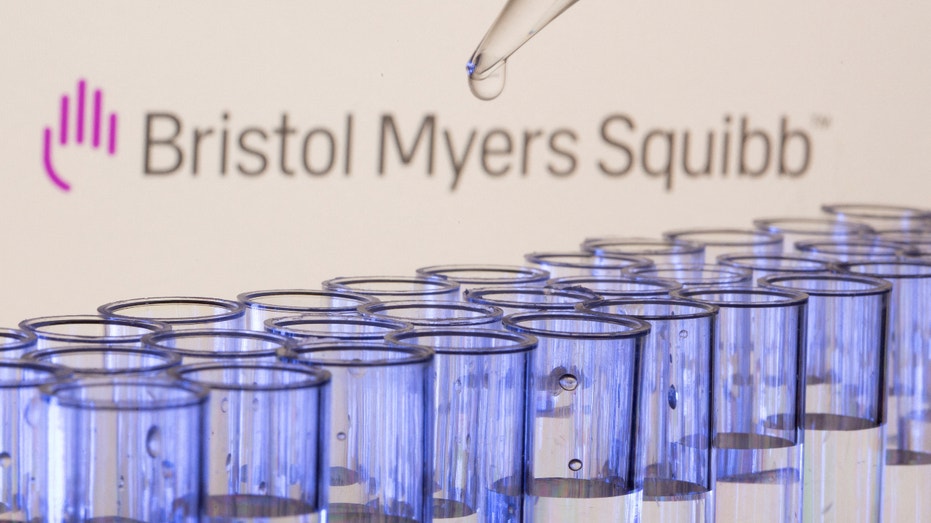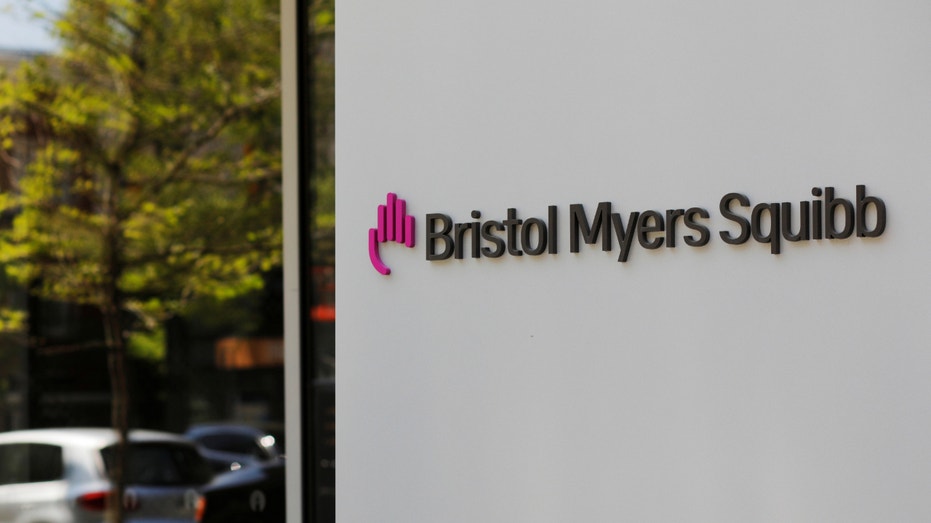Bristol Myers to buy Karuna Therapeutics for $14B
Cash deal would help Bristol establish a beachhead in neuroscience drugs, including a schizophrenia treatment up for approval
Drugmaker Bristol Myers Squibb reached a deal to buy neuroscience-drug developer Karuna Therapeutics for $14 billion.
Under the terms, Bristol would pay $330 a share in cash for Karuna and its experimental schizophrenia drug now up for U.S. government approval. Bristol expects the deal, which includes $1.3 billion in cash that Karuna has on hand, would close in the first half of next year.
The acquisition, announced on Friday, would raise Bristol’s bet on selling psychiatric and neurological drugs, a large and growing market that has drawn interest from companies because of advances in understanding the molecular roots of various central-nervous-system diseases.
HOW AI IS REVOLUTIONIZING THE WORLD OF MEDICINE
Karuna’s crown jewel, an experimental drug called KarXT, is the product of such new insights. The Food and Drug Administration is reviewing KarXT for the treatment of schizophrenia. The drug is also in development for conditions related to Alzheimer’s and bipolar disorder.
| Ticker | Security | Last | Change | Change % |
|---|---|---|---|---|
| BMY | BRISTOL MYERS SQUIBB CO. | 60.77 | -1.22 | -1.97% |
The drug could surpass $6 billion in yearly sales if it is approved for the various uses, according to Mizuho Securities analysts.
Bristol Chief Executive Christopher Boerner said the acquisition would accelerate the company’s efforts to establish a beachhead in neuroscience drugs and power new sales growth as its older products begin losing patent protection and face lower-price competition.
"We are in the process of writing a new chapter for Bristol Myers Squibb," he said in an interview.
Drugs for multiple sclerosis and schizophrenia have already been among the pharmaceutical industry’s top sellers, and analysts expect Alzheimer’s treatment will eventually become a huge category. Researchers are also excited about the prospects for treating Huntington’s and other diseases.

Test tubes are seen in front of a displayed Bristol Myers Squibb logo in this illustration taken on May 21, 2021. (Reuters/Dado Ruvic / Reuters Photos)
The $150 billion global market for central nervous system treatments is among the industry’s fastest-growing, increasing about 9% a year, according to pharmaceutical intelligence firm Evaluate.
Big drugmakers have been targeting the segment for growth. Earlier this month, AbbVie agreed to pay $8.7 billion for Cerevel Therapeutics and its schizophrenia, Parkinson’s and other neuroscience drugs in development.
Bristol, of Princeton, N.J., had been a major psychiatric-drug player when antipsychotic drug Abilify was among the company’s big sellers. Bristol has been known in recent years for pioneering cancer immunotherapies like its big-selling drug Opdivo and its $74 billion purchase of cancer-drug rival Celgene in 2019.
ASTRAZENECA RAISES STAKES IN OBESITY DRUG RACE WITH ECCOGENE DEAL
Boerner said KarXT’s approval would be the "springboard" for Bristol to build out a new focus on neuroscience treatment, adding to the company’s existing cancer, heart, blood-disease and immune-disorder businesses.
Like other big drugmakers, Bristol’s shares have fallen this year, almost 30% compared with a nearly 25% increase in the S&P 500.
Among Wall Street’s concerns is whether Bristol can overcome patent expiration for several top-selling drugs, including the multiple-myeloma therapy Revlimid, which the company acquired as part of the Celgene deal.

A sign stands outside a Bristol Myers Squibb facility in Cambridge, Massachusetts, on May 20, 2021. (Reuters/Brian Snyder / Reuters Photos)
Looming in the coming years for Bristol are patent expirations for Opdivo and another company top seller called Eliquis, a blood thinner sold with Pfizer.
Bristol has reported $33.5 billion in total revenue for the first nine months of this year, down 4% from the same period last year.
GET FOX BUSINESS ON THE GO BY CLICKING HERE
Bristol is counting on finding fresh sales growth from new drugs like psoriasis treatment Sotyktu, approved in 2022, as well as drugs in development that would replace Eliquis and Revlimid and treat lung cancer. Bristol is also working on a cell therapy for lupus and multiple sclerosis.
"I don’t think the pipeline has ever been stronger, and on top of that, we are in a great financial position," Boerner said.
The company has been doing deals, like ones for cancer-drug biotechs Mirati Therapeutics this year and for Turning Point Therapeutics in 2022, to add to its pipeline and its portfolio of therapies already on the market.




















